The World Health Organization publishes new guidelines on hypertension
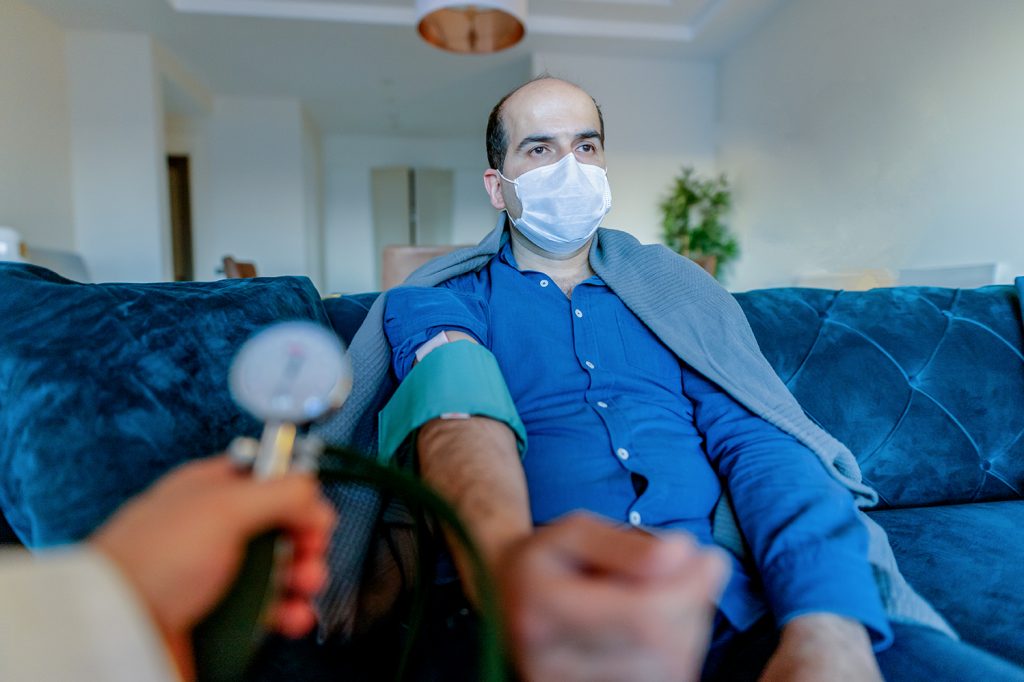
On the 25th of August, WHO published new hypertension guidelines. Titled “WHO Guideline for the pharmacological treatment of hypertension in adults”, the guidelines provide new recommendations to help countries improve management of hypertension, including when to start medications, what types of medications to use (and in what combinations), target blood pressure levels and how often […]
WHO Launch of Action framework for developing and implementing public food procurement and service policies for a healthy diet
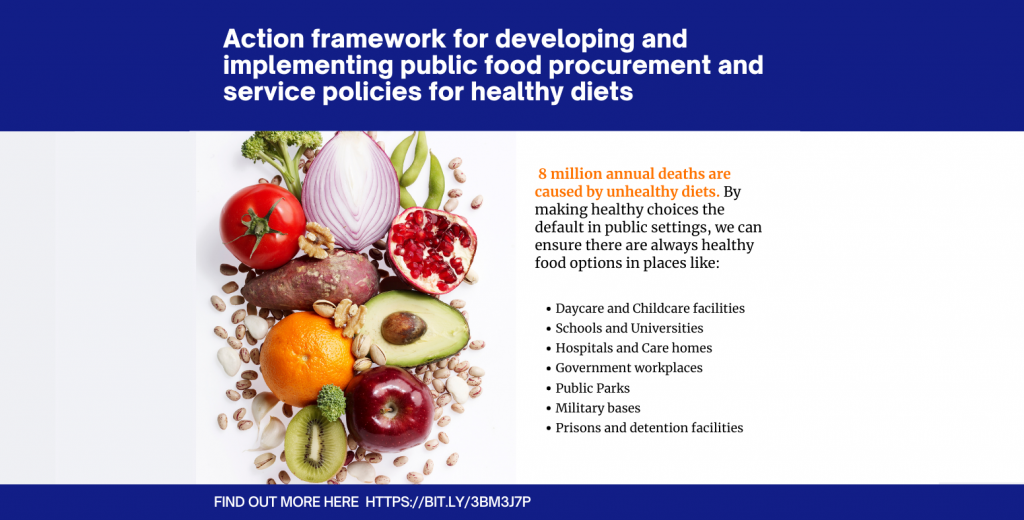
Around the world, millions of meals and snacks are served and sold to the public every day through institutions like schools, government offices, health care facilities, military bases, and correctional facilities. This presents an opportunity to improve the diets of the population by ensuring all food served and sold in these settings meet nutritional standards. […]
World Children’s Day Webinar by UNICEF and WHO: 20 November 2020
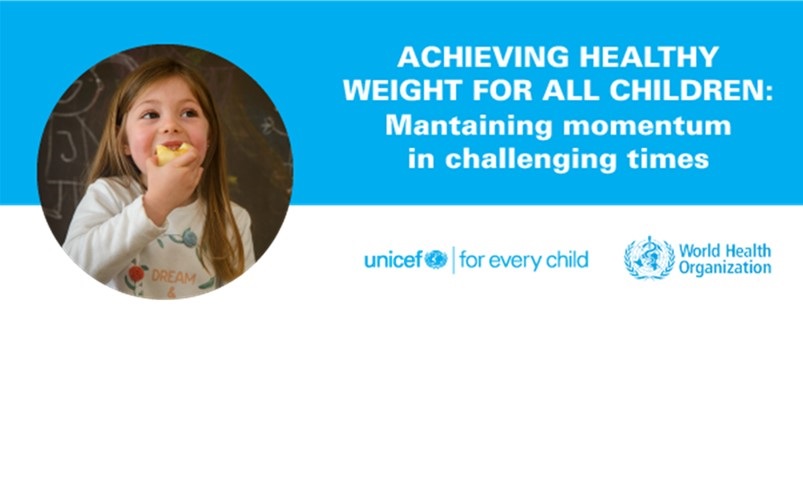
To mark World Children’s Day on the 20th of November, UNICEF and WHO are hosting a webinar titled “Towards a healthy weight for all children – maintaining momentum in challenging times”. This webinar will focus on the global efforts to prevent childhood overweight and obesity with discussion on the opportunities and challenges to promote early […]
New online course launched on World Hypertension Day, 17 October 2020
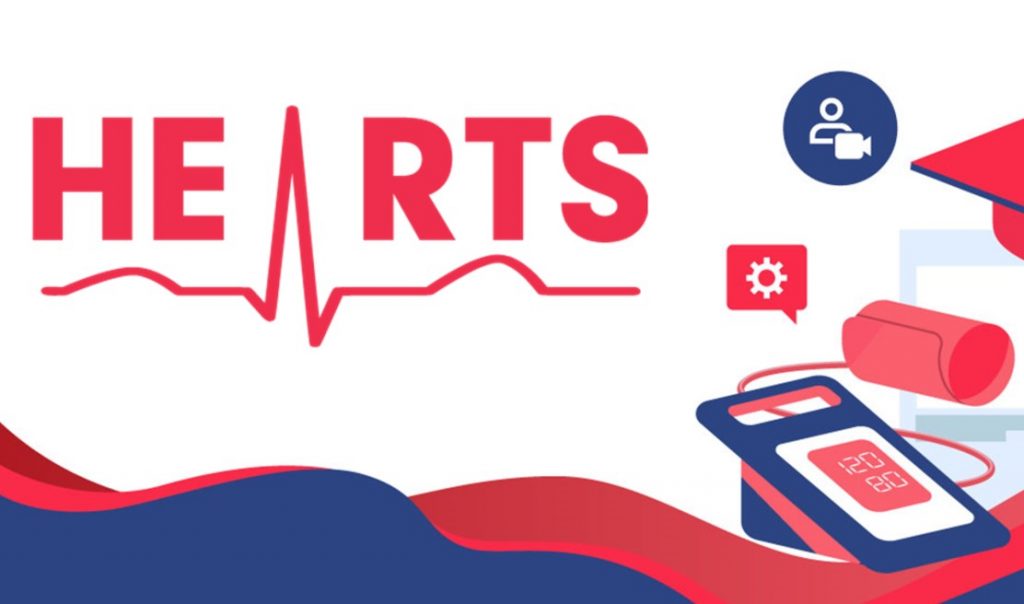
The theme of World Hypertension Day 2020 was “Measure Your Blood Pressure, Control It, Live Longer”, emphasising accurate measurement, effective control and a healthy long life. The Pan American Health Organization, World Health Organization and Resolve to Save Lives hosted an online event and presented a new virtual course and new tools to improve blood […]
LINKS toolkit: Resources for Healthy Public Food Procurement
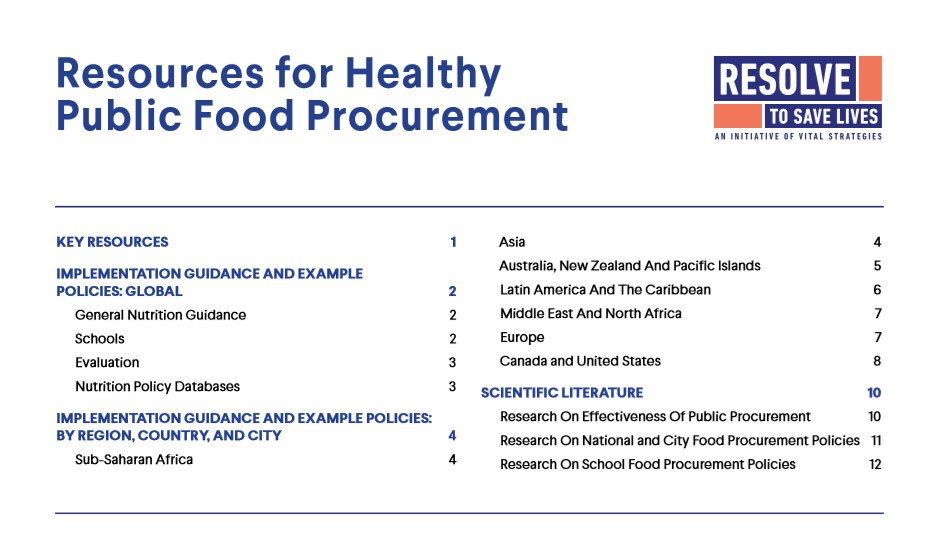
LINKS (a collaboration between WHO, the CDC Foundation and Resolve to Save Lives) recently published a toolkit of resources for healthy public food procurement policies – these policies ensure that foods procured or served in public settings contribute to a healthy diet. Resources include implementation guidance and examples of policies from around the world, and […]
WHO Regional Office for Europe (WHO EURO) released new country support package to aid salt reduction
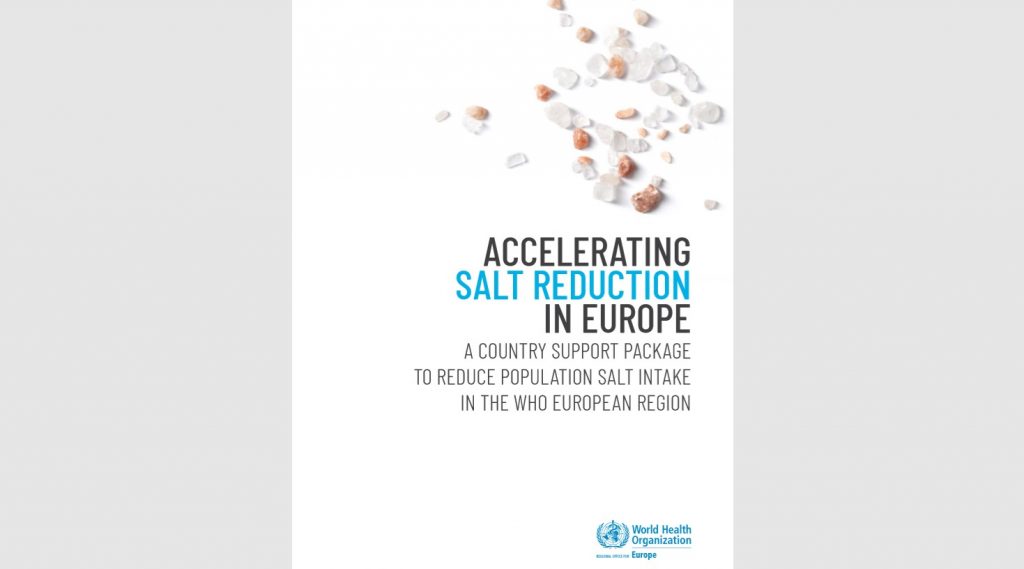
[vc_row][vc_column][vc_column_text]In late July the WHO EURO office launched a new package to support countries in the European region to reduce salt consumption. The support package provides a step-by-step guide on developing, implementing, monitoring and evaluating salt reduction programs. It is hoped that this support package will encourage countries to either reinforce of further pursue salt […]
European Salt Action Network restates support for WHO goal of reducing salt intake to 5 g per day or less

The WHO European Salt Action Network (ESAN) released a statement in support of population approaches for salt reduction to prevent cardiovascular diseases. The statement was issued in light of recent publications that have created controversy by questioning the guideline set by the WHO towards a salt intake of 5g per day or less. The statement by […]
Evidence-based, best practices of front-of-pack labelling (FOPL)
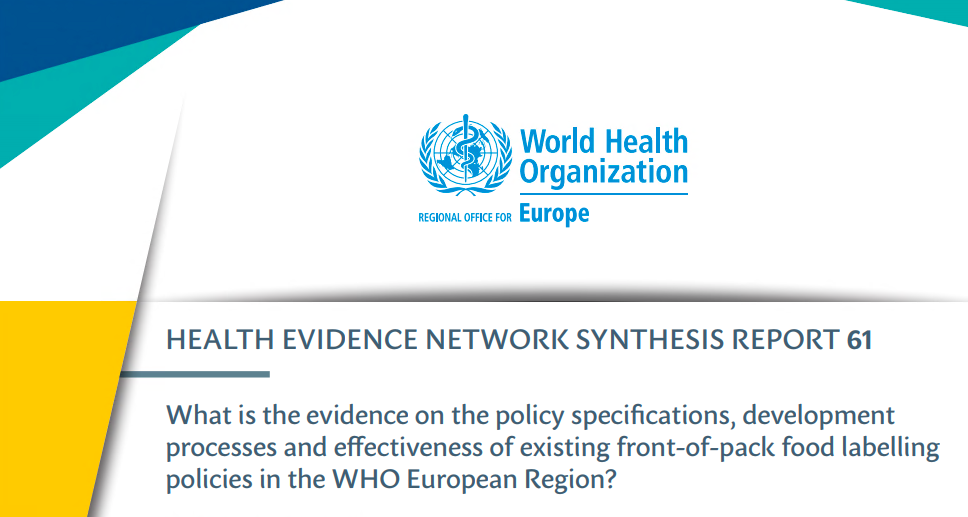
A recent report by WHO Europe has synthesized evidence on the specifications, development processes and effectiveness of FOPL policies in the WHO European Region. The report aims to support policy-makers in establishing and sustaining FOPL systems that maintain consistent and familiar labels, with a key strategy focusing on product unhealthfulness to steer consumers towards more […]
Using dietary intake modelling to achieve population salt reduction- World Health Organisation Europe

The WHO Europe office have released a policy brief as a guiding document for countries to identify specific sources of salt in the diet, assessing the contribution to overall salt intake by a Salt Reduction Model. This process will allow countries to come up with targeted salt reduction interventions. The 5 steps to creating a […]
WHO Nutrient Profile Model for the Western Pacific Region

The World Health Organization Western Pacific Regional Office (WHO-WPRO) recently published a tool to protect children from marketing of unhealthy foods and non-alcoholic beverages. The Regional Nutrient Profile Model aims to aid countries in identifying foods that are commonly marketed to children–through media including television, radio, newspapers, billboards and banners–that should be prohibited. The model […]